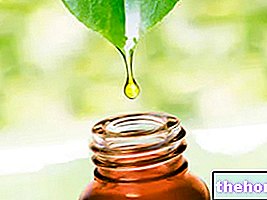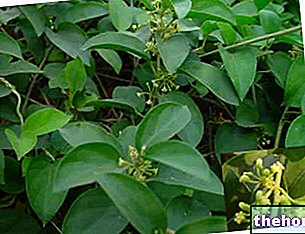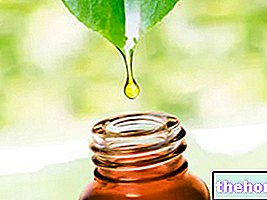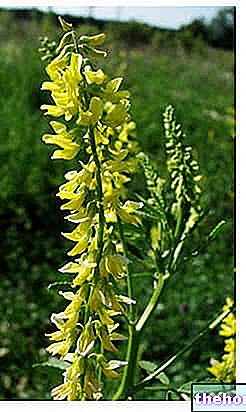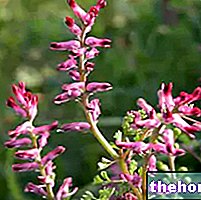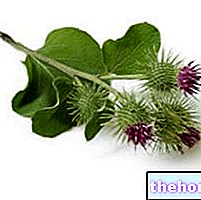
Scientific name
Borago officinalis L.Family
BoraginaceaeOrigin
Annual plant common throughout Italy, especially in uncultivated places.Parts Used
The leaves of the plant are used, but above all the seeds, which are the source of an oil containing unsaturated fatty acids.
Chemical constituents
- Hepatotoxic and carcinogenic pyrrolizidine alkaloids (lycosamine, amabiline, supinidine, thesinin and durrin);
- Mucilage;
- Potassium nitrates;
- Flavonoids;
- Prostaglandins.
Borage in Herbal Medicine: Properties of Borage
In folk medicine, borage is considered purifying, diuretic and detoxifying. However, due to its toxic alkaloid content, it should not be used for curative purposes or as an infusion, juice or mother tincture. It is also inadvisable to use it for food (salads).
Only the oil extracted from the seeds, rich in polyunsaturated fatty acids and with anti-inflammatory properties, could be used of borage.

